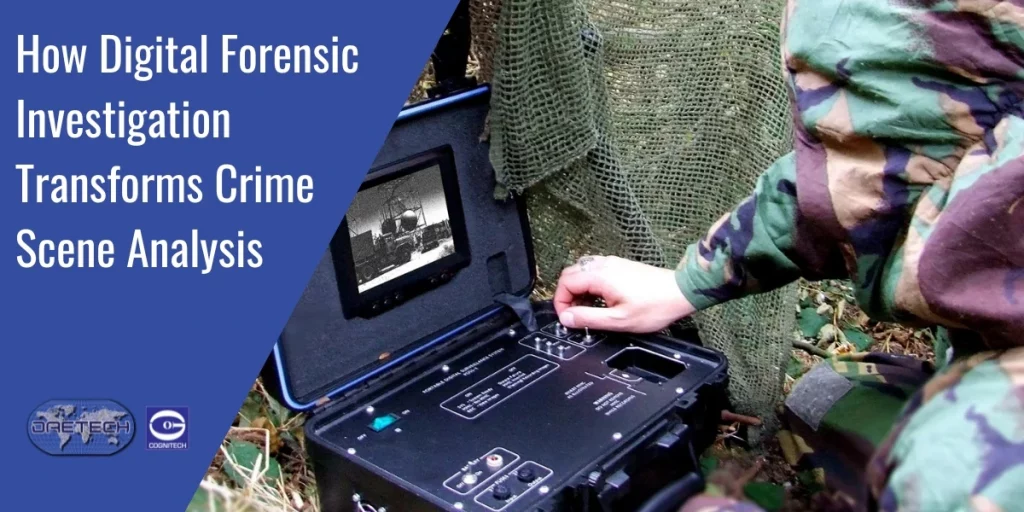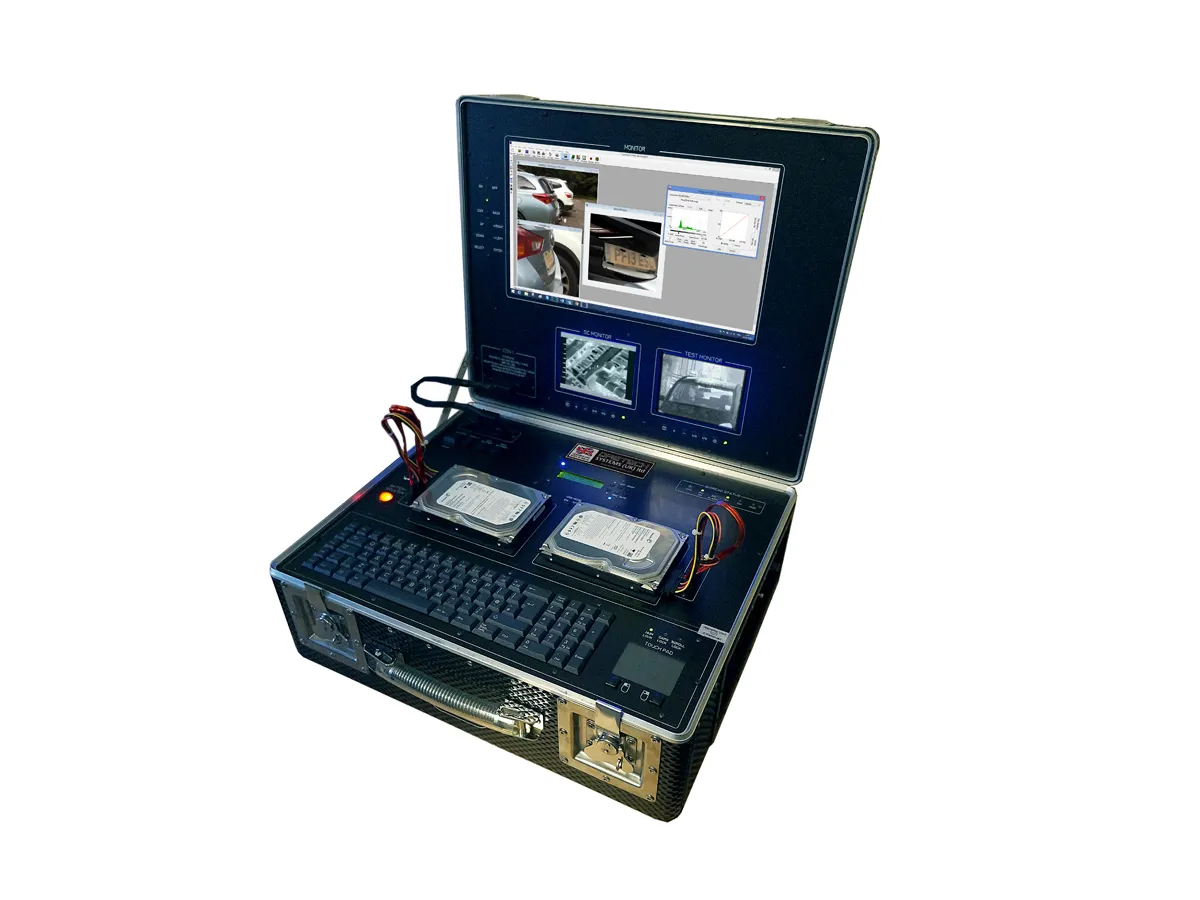When a crime happens, time is everything. The faster investigators can collect, process, and understand the evidence, the better the chance of solving the case. In today’s world, a huge part of that evidence is digital. Phones, computers, security cameras, GPS trackers – they all hold information that can tell the story of what happened. This is where digital forensic investigation steps in and changes the game.

What Is Digital Forensic Investigation?
Digital forensic investigation is the process of finding, recovering, and examining information stored in electronic devices. Think of it as detective work, but instead of dusting for fingerprints, experts are digging through hard drives, video footage, and encrypted files.
The goal is simply to turn raw data into solid facts that can be used in court. But it’s not just about finding the data; it’s about making sure it’s collected and handled in a way that keeps it trustworthy.
Why Digital Evidence Matters
Digital evidence is any information stored or sent in digital form that can help prove what happened in a case. This could be text messages between suspects, GPS coordinates from a vehicle, or time-stamped CCTV footage.
Unlike traditional evidence, digital evidence can be copied, altered, or erased in seconds. That’s why it needs special handling and secure systems. If even one step is wrong, the evidence can lose its value in court.
From Crime Scene to Courtroom
In the past, most crime scene analysis focused on physical items – weapons, fingerprints, footprints. Now, it’s just as common to see forensic experts pulling data from mobile devices and laptops right at the scene.
With the right tools, digital forensic investigation teams can start processing evidence on-site. This speeds up the investigation and helps officers make informed decisions faster. For example, pulling location data from a suspect’s phone can confirm or challenge an alibi within hours, not days.

The Role of Advanced Technology
At Daetech Systems (UK) Ltd, we design and build custom solutions for exactly this kind of work. Our systems are used by law enforcement, military, and government agencies around the world. Every setup is tailored to the mission, whether that’s processing high volumes of data in an urban environment or running off-grid in a remote location.
Advanced forensic workstations, mobile evidence labs, and secure data transfer tools are all part of the process. These technologies allow investigators to collect and analyse digital evidence without risking contamination or data loss.

How It’s Changing Crime Scene Analysis
The biggest change is speed. What once took weeks can now happen in hours. Investigators can instantly cross-check new data against existing intelligence. This means suspects can be identified sooner, threats can be neutralized faster, and innocent people can be cleared without delay.
Another change is accuracy. Digital systems can search through millions of files or frames of video without missing a detail. When paired with skilled investigators, this leads to stronger cases and higher conviction rates.
Challenges in the Field
Even with advanced technology, there are challenges. Criminals are getting smarter about hiding their tracks. They use encryption, fake accounts, and even data-wiping tools. Forensic experts have to keep evolving their methods to stay ahead.
That’s why ongoing research and development is so important. At Daetech, we work closely with agencies to create solutions that meet real-world challenges, whether that’s a rugged mobile lab for a war zone or a high-speed evidence processing system for cybercrime cases.
The Future of Digital Forensics
As technology keeps advancing, digital forensic investigation will play an even bigger role in solving crimes. Artificial intelligence will help process massive amounts of digital evidence faster. Cloud-based analysis will allow teams to collaborate across borders in real time.
But no matter how advanced the tools become, one thing will stay the same – the need for precision, security, and trust in every step of the process.
FAQs
Q1: What is digital forensic investigation?
A: Digital forensic investigation is the process of collecting, analyzing, and preserving data from electronic devices to support criminal or security cases.
Q2: Why is digital evidence important in investigations?
A: Digital evidence can provide timelines, locations, and communications that help confirm facts, identify suspects, or clear the innocent in a case.
Q3: How is digital evidence collected at a crime scene?
A: Investigators use secure, specialized tools to retrieve data from devices like phones, laptops, and cameras while preventing data loss or corruption.
Q4: What role does technology play in digital forensic investigation?
A: Advanced forensic systems speed up analysis, increase accuracy, and allow on-site evidence processing for faster decision-making in the field.
